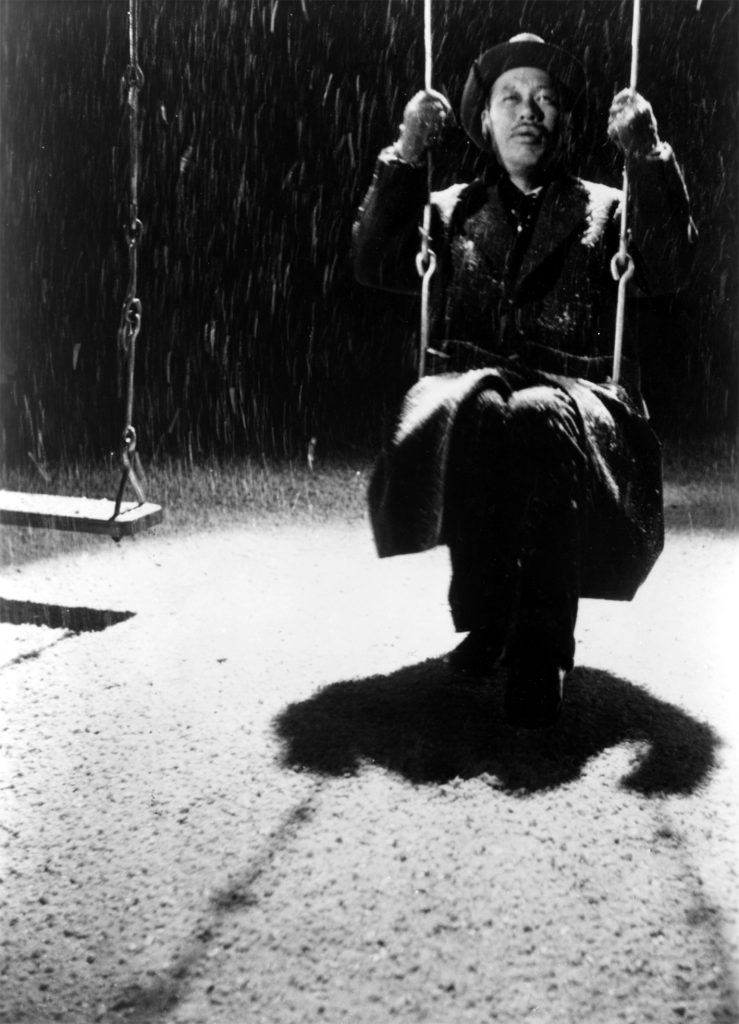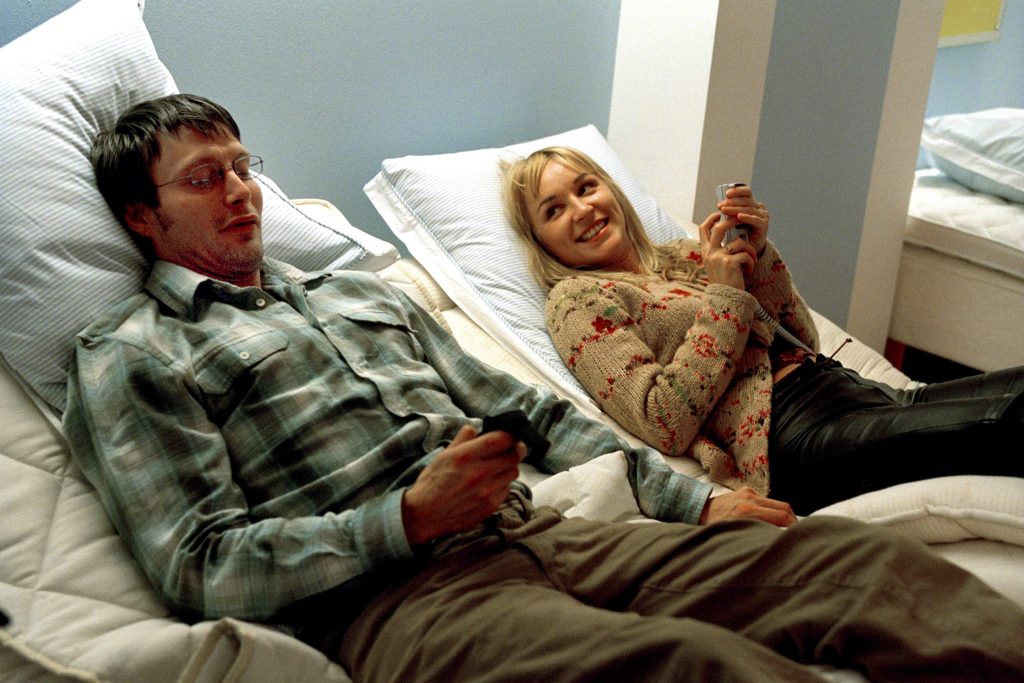Scoop June 28th
This time two films that are being screened again: the Japanese classic Ikiru by Akira Kurosawa about a terminally ill civil servant, and the rich but compelling Danish medical drama Open Hearts.
Film
Ikiru (Akira Kurosawa)

Finding meaning in the face of death
Several restored versions of films by the great Japanese filmmaker Akira Kurosawa are currently being re-released. Among them is Ikiru, his first major masterpiece from 1952: a quiet character study of loneliness in the face of death. Ikiru is more than a film title, it is also a Japanese concept that can be translated as ‘life’ or ‘living one’s life’.
In the opening shot of Ikiru, we see an X-ray. The nature of the illness is mentioned off-screen by a voiceover. It is a death sentence: municipal official Kanji Watanabe has stomach cancer. He has six months to live. The realization that he has achieved nothing special in the past 25 years and has never enjoyed anything makes him want to fill that existential void in the short time he has left.
He wants to ‘Live’ with a capital L, but how? Until now, he has led a routine existence in a bureaucratic environment, which director Kurosawa has undoubtedly deliberately portrayed in a caricatured manner. In a bar, he meets a writer who calls himself Mephistopheles. This “devilish author” does not need money for his soul; after all, Watanabe is already doomed. He suggests that they go out together with the municipal official. They seek entertainment in the bars and strip shows of nighttime Tokyo. But Watanabe turns out to be a complete stranger amid all the glitz and glamour. He will find neither joy nor fulfillment here. He only finds that in his ambition to transform a neglected, vacant lot into a children’s playground—against all bureaucratic opposition.
About two-thirds of the way through the film, Kurosawa inserts a break: we learn from the voiceover that Watanabe died five months ago. Colleagues and family members gather for a memorial service. They discuss the merits and personality of the deceased from different points of view, creating a mosaic of rather hypocritical opinions. In flashbacks, we see what happened. Watanabe remained essentially misunderstood; only the mothers of the children in the playground mourn him sincerely. In the poignant finale, we see him alone, humming softly on a children’s swing, shortly before he dies.
A few years ago, a British remake of Ikiru was released, entitled ‘Living’, by South African filmmaker Oliver Hermanus. Also not to be dismissed, but cinematographically less interesting than the Japanese original.
Henk Maassen
Film
Open Hearts
On: picl.nl

Doctor in love with patient’s wife: soap opera? No!
The plot of Open Hearts was originally intended as a romantic comedy, but at first glance it seems little more than a soap opera, and the film was to be shot according to the rather straightforward principles of the Danish Dogma group (known for films such as ‘Festen’) from thirty years ago: no special effects, only natural lighting, no studio shots, no soundtrack, hand-held camera, simple, authentic acting style (read: ‘as real as possible’). But it’s not as bad as it sounds, and fortunately it didn’t turn out to be a comedy.
The plot: Cecilie and Joachim are about to get married when the latter is seriously injured in a traffic accident. Joachim is paralyzed from the neck down and tells the grieving Cecilie that she must leave him. She talks to the doctor (played by the now world-famous Mads Mikkelsen), unaware that his wife caused the accident. The latter feels increasingly guilty about what happened and asks her husband, the doctor, to talk to Cecilie and comfort her.
You can undoubtedly guess what happens next: Cecilie and her husband’s doctor start an affair. Sounds rather schmaltzy? Certainly, but this is nevertheless a compelling film, better than many others from the Dogma wave of the time. Precisely because it is so honest and, yes, ‘real’, even if it does not adhere too ‘dogmatically’ to all the rules.
And besides, what do you actually do in such a delicate situation as a doctor?
Henk Maassen